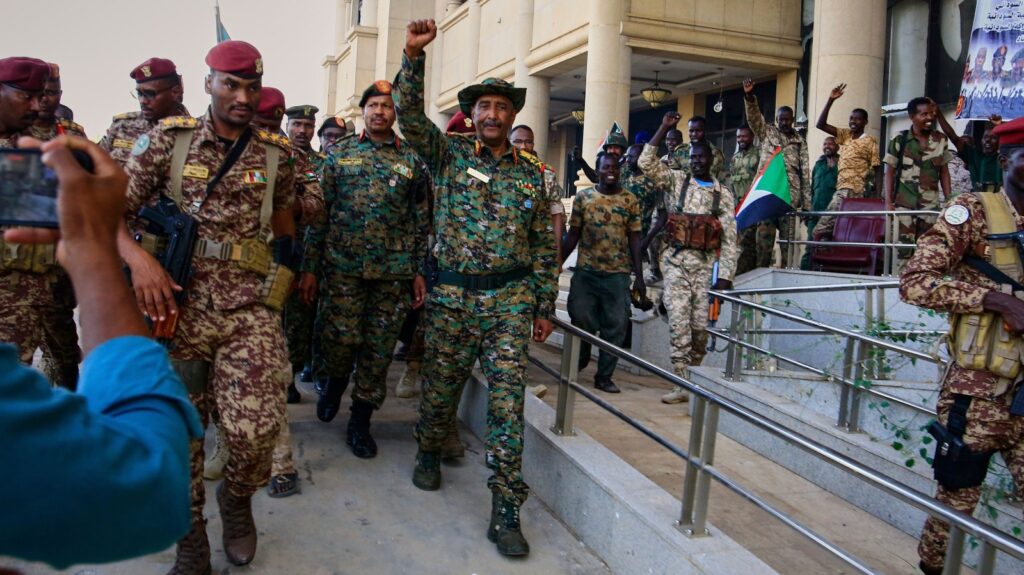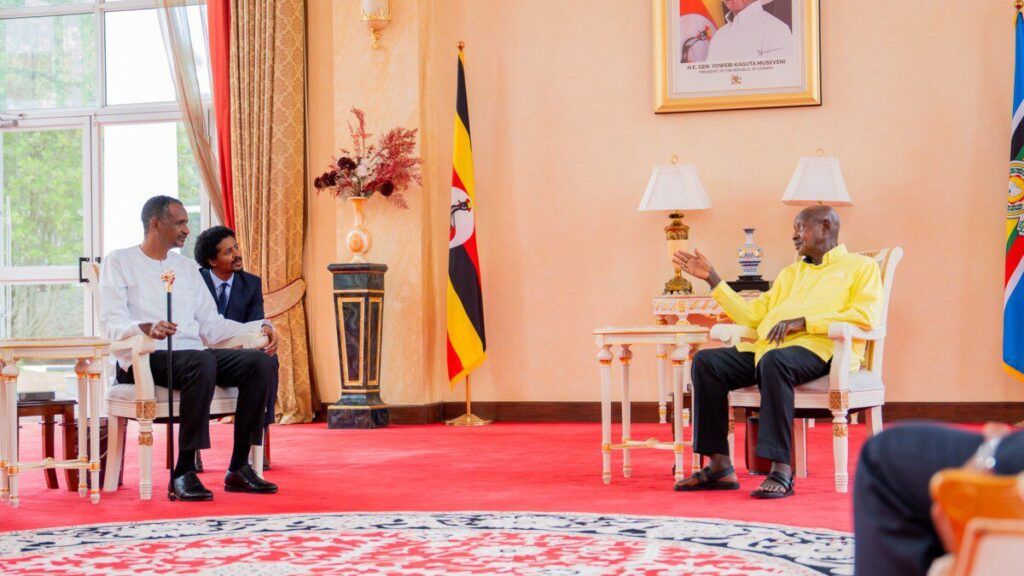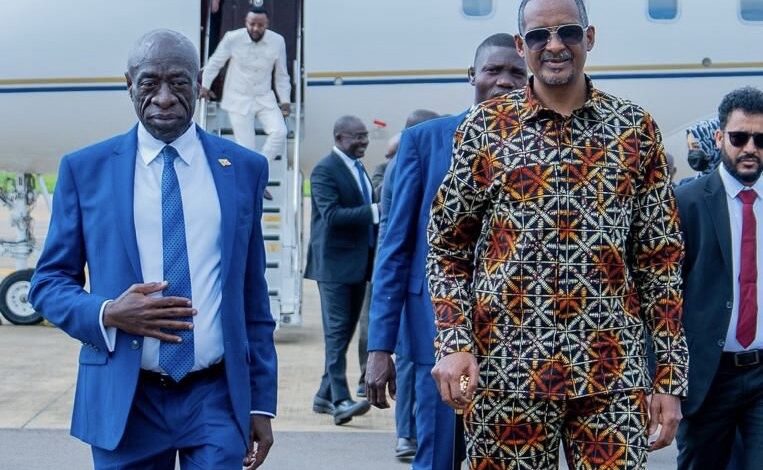
Key figures within Sudan’s SAF leadership are reportedly resisting calls for a ceasefire, signalling deepening divisions over the ongoing conflict.
Sudan’s Finance Minister, Jibril Ibrahim, aligned with the SAF leadership, stated that SAF aims to retake el-Fashir and other towns and villages currently controlled by the Rapid Support Forces (RSF). During a visit to a camp for displaced people from el-Fashir, Ibrahim said the SAF would move soon, adding, “There is no truce or negotiation at present. A proportional response is required first, then we can discuss a ceasefire.”
These statements echo those of Yasser Al-Atta, deputy to the SAF’s general commander, who has also rejected the international Quad group’s ceasefire initiative, which includes the United States, Egypt, the UAE and Saudi Arabia. In widely circulated videos, Al-Atta addressed the Quad in a manner seen by observers as confrontational, disregarding diplomatic efforts to end the fighting.
The rhetoric from Ibrahim and Al-Atta highlights the profound splits within the SAF, with multiple conflicting power centers. One faction insists on continuing the war, despite the country’s highest political and military council, the Security and Defense Council, welcoming international proposals for a ceasefire and humanitarian relief.
Observers warn that this fragmentation threatens to derail any diplomatic attempts to establish a humanitarian pause in the fighting. Al-Atta, described as a hardline general, has consistently called for a military resolution, a stance analysts say strengthens his political and operational influence within the SAF.
Meanwhile, Islamist-aligned factions allied with the SAF continue to oppose efforts to halt the war, ensuring their survival and control amid the ongoing conflict that began in April 2023. The combined resistance of Al-Atta, the Islamists, and like-minded military figures effectively blocks the Quad’s ceasefire initiatives, revealing the hidden power struggles shaping Sudan’s military and political decision-making.




